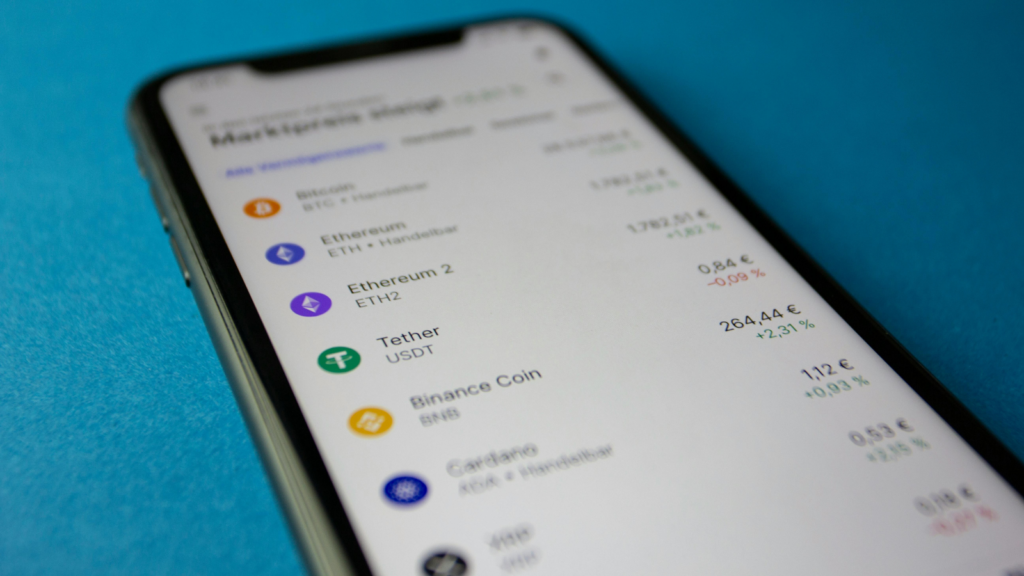In the digital age, cryptocurrencies have emerged as a revolutionary financial trend. As these digital assets gain traction, you might be wondering how to start a cryptocurrency. Well, you’re not alone. Many are intrigued by the potential benefits and the prospect of creating something that could disrupt traditional financial systems. This article will shed light on the initial steps you need to consider when starting a cryptocurrency.
How to Start a Cryptocurrency
Defining Your Cryptocurrency’s Purpose
In how to start a cryptocurrency, defining its purpose becomes a fundamental cornerstone. Cryptocurrencies function beyond just being a digital form of currency. Some double as a platform for smart contracts, such as Ethereum, or as a privacy-focused payment system, like Monero. When one clearly articulates the purpose of their proposed cryptocurrency, they distinguish themselves in the sprawling landscape of digital currencies. Therefore, it becomes paramount to precisely spell out the purpose. External sources like data from authoritative financial and tech organizations may enrich this declaration, cementing its credibility.
Identifying Your Target Market

After articulating the cryptocurrency’s purpose, identifying the target market proceeds. This audience—whether tech enthusiasts, privacy-conscious individuals, or institutional investors—governs the design, promotion, and expansion strategies of the cryptocurrency. Conducting market research becomes vital in this phase. With the aid of statistics compiled from authoritative bodies, it’s possible to pinpoint a target audience’s needs and preferences. This strategic identification fosters an understanding of potential users’ behaviors and preferences, thus, informing the design and features of the developing cryptocurrency.
Development and Technical Setup
Choosing the Right Blockchain Platform
The selection of a suitable blockchain platform plays a pivotal role in the development cycle of a cryptocurrency. Since platforms vary significantly in features and capabilities, aligning your choice with your cryptocurrency’s purpose becomes imperative. For instance, if processing speed is a significant feature, developers might lean towards EOS, capable of processing millions of transactions per second. Conversely, the Ethereum platform might be more fitting for projects looking for smart contract functionality, being the pioneer in providing this feature.
In terms of security, Ripple and Bitcoin platforms are noteworthy, having withstood testing times, exhibiting resilience to security threats. There’s also the factor of decentralization, with platforms
Developing Your Coin or Token

The next step in the process involves the development of your coin or token. Coins like Bitcoin or Ethereum have their separate blockchains, providing total freedom of control but requiring extensive resources and development skills. On the other hand, tokens operate on top of existing blockchains, offering a cost-efficient, quicker route to launch, albeit with a trade-off in terms of fully independent operation.
Tokens, for instance, can be easily created on the Ethereum platform using a standard template known as ERC-20. However, be certain that developing a coin or token, regardless of the method, delves heavily into technical aspects, including programming and cryptography.
Regulatory Compliance and Legal Considerations
Understanding the Legal Landscape
Insight into the legal landscape consists of understanding various aspects. These include the securities laws, tax obligations, consumer protection laws, and the laws of the countries where you plan to operate. Skipping this step could result in fines or, in some cases, imprisonment. Therefore, consulting with a lawyer who is familiar with the laws around cryptocurrency in targeted jurisdictions proves beneficial.
Ensuring Compliance with Regulations

Once understanding the legal landscape, ensuring compliance with regulatory bodies will follow. Complying with these allows the digital currency to function within the boundaries set by financial control institutions. Non-compliance with the respective financial regulations can lead to penalties including financial loss, permanent disqualification, and reputational damage.
Employing a regulatory compliance officer, subscribing to regulatory Fintech services, or using regulatory software solutions are some of the ways to ensure adherence to these regulations.
Cryptocurrencies; A Revolutionary Financial Trend
How to start a cryptocurrency isn’t a walk in the park. It’s a journey that requires a deep understanding of blockchain technology and a clear vision of what the cryptocurrency aims to achieve. So, if you’re ready to disrupt traditional financial systems with your personalized digital currency, remember, it’s a journey worth undertaking with caution, knowledge, and expert guidance.


